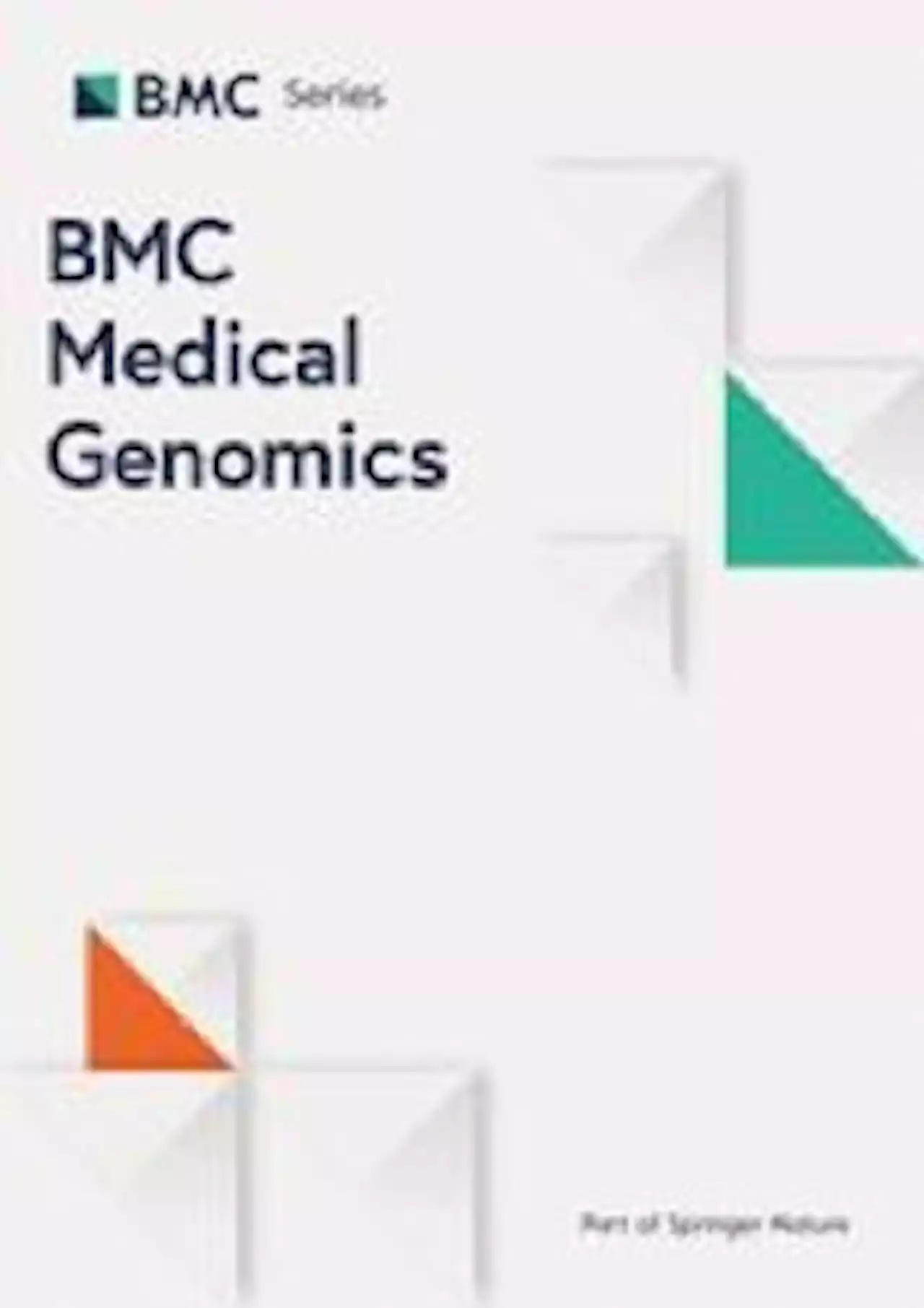An article published in BMCMedGenomics presents ASPYRE: a method for the molecular detection of gene fusions for diagnostic testing of patients with non-small cell lung carcinoma.
. No changes were made to the ASPYRE workflow, with the only adaptation being the addition of a reverse transcriptase to one mastermix formulation. As a result, DNA and RNA samples can be run concurrently with no additional steps required from the user, on the same plate in the same thermal cycler and qPCR machine. The entire post-extraction workflow, from RT-PCR through to result can be completed in under a day.
A combination of multiplexed primers allows amplification of all targets in our RNA panel to be run from a single RT-PCR reaction. This panel includes all 3’ partner classes of actionable mutations listed in current NSCLC treatment guidelines for advanced/metastatic disease. Collectively, these targets represent just over 11% of reported 3’ classes of mutations found as RNA gene fusions in NSCLC [].
Table 1 A comparison of frequently used analysis methods to detect gene fusions with the ASPYRE assay ([
France Dernières Nouvelles, France Actualités
Similar News:Vous pouvez également lire des articles d'actualité similaires à celui-ci que nous avons collectés auprès d'autres sources d'information.
 Distinct mechanisms of mismatch repair deficiency delineate two modes of response to PD-1 immunotherapy in endometrial carcinomaAbstract. Mismatch repair-deficient (MMRd) cancers have varied responses to immune checkpoint blockade (ICB). We conducted a phase 2 clinical trial of the PD-1 inhibitor pembrolizumab in 24 patients with MMRd endometrial cancer (NCT02899793). Patients with mutational MMRd tumors (6 patients) had higher response rates and longer survival than those with epigenetic MMRd tumors (18 patients). Mutation burden was higher in tumors with mutational MMRd compared to epigenetic MMRd; however, within each category of MMRd, mutation burden was not correlated with ICB response. Pre-treatment JAK1 mutations were not associated with primary resistance to pembrolizumab. Longitudinal single-cell RNA-seq of circulating immune cells revealed contrasting modes of anti-tumor immunity for mutational vs. epigenetic MMRd cancers. Whereas effector CD8+ T cells correlated with regression of mutational MMRd tumors, activated CD16+ NK cells were associated with ICB-responsive epigenetic MMRd tumors. These data highlight the interplay between tumor-intrinsic and extrinsic factors that influence ICB response.
Distinct mechanisms of mismatch repair deficiency delineate two modes of response to PD-1 immunotherapy in endometrial carcinomaAbstract. Mismatch repair-deficient (MMRd) cancers have varied responses to immune checkpoint blockade (ICB). We conducted a phase 2 clinical trial of the PD-1 inhibitor pembrolizumab in 24 patients with MMRd endometrial cancer (NCT02899793). Patients with mutational MMRd tumors (6 patients) had higher response rates and longer survival than those with epigenetic MMRd tumors (18 patients). Mutation burden was higher in tumors with mutational MMRd compared to epigenetic MMRd; however, within each category of MMRd, mutation burden was not correlated with ICB response. Pre-treatment JAK1 mutations were not associated with primary resistance to pembrolizumab. Longitudinal single-cell RNA-seq of circulating immune cells revealed contrasting modes of anti-tumor immunity for mutational vs. epigenetic MMRd cancers. Whereas effector CD8+ T cells correlated with regression of mutational MMRd tumors, activated CD16+ NK cells were associated with ICB-responsive epigenetic MMRd tumors. These data highlight the interplay between tumor-intrinsic and extrinsic factors that influence ICB response.
Lire la suite »
 Siddhartha Mukherjee’s new book is a tour d’horizon of cell theoryEvolution is a subject well served by popular literature. Cell theory, less so. “The Song of the Cell” underlines the importance of cellular understanding
Siddhartha Mukherjee’s new book is a tour d’horizon of cell theoryEvolution is a subject well served by popular literature. Cell theory, less so. “The Song of the Cell” underlines the importance of cellular understanding
Lire la suite »
 'Serious concerns' for welfare of missing Leeds woman who may require medical attentionPolice have “serious concerns” for the welfare of a missing woman who may require medical attention.
'Serious concerns' for welfare of missing Leeds woman who may require medical attentionPolice have “serious concerns” for the welfare of a missing woman who may require medical attention.
Lire la suite »
